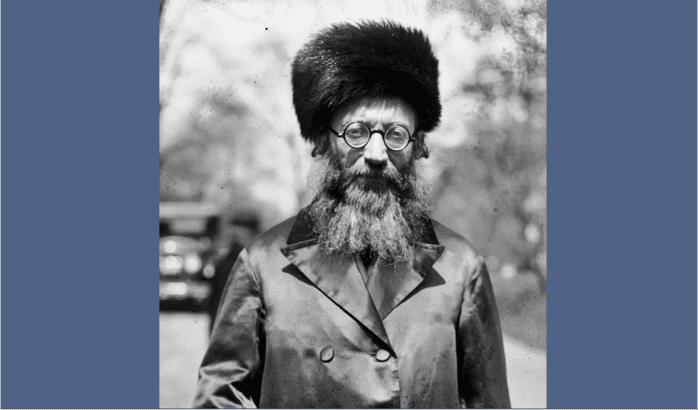The particular beliefs of Israel’s ultra-orthodox Jews explain their behavior toward their non-Jewish neighbors.
by Allan Brownfeld
Consider the widely quoted statement of Israel’s Sephardic Chief rabbi Ovadiah Joseph. He declared that the only reason for the existence of non-Jews is to serve Jews. His funeral in 2013 was considered the largest ever in Israel—-with crowd estimates reaching 800,000. He is commemorated on Israeli postage stamps and many streets bear his name.
Another rabbinical hero to West Bank settlers is Rabbi A.I. Kook. He said of Jews, “We are of a much higher and greater spiritual order.”
Most Americans, including Jewish Americans, are unaware of the narrowness and bigotry which characterizes Israel’s state-supported religious establishment.
Most Americans believe that Israel embraces religious freedom and separation of religion and state. Sadly, this is not the case. Israel has a taxpayer-supported religion, which is ultra-Orthodox Judaism. Most Jewish Americans are not Orthodox. Their Reform, Conservative, Reconstructionist and other rabbis cannot perform weddings or conduct funerals in Israel. Their conversions are not recognized.
For American taxpayers to support an enterprise which embraces religious bigotry is to turn our backs on our highest values.
For a different Jewish view about Israel, religious freedom and the treatment of Palestinians, see the website of the American Council for Judaism:
Allan C. Brownfeld is a nationally syndicated columnist and serves as Associate Editor of The Lincoln Review and editor of Issues. The author of five books, he has served on the staff of the U.S. Senate, House of Representatives and the Office of the Vice President. a C-Span.
The American Council for Judaism was formed in 1942 by leading Reform rabbis, primarily in opposition to Zionism. ACJ’s Statement of Principle: “We view Judaism as a universal religious faith, rather than an ethnic or nationalist identity…[We seek to] build a world of justice, freedom, and peace…We believe that although Israel is the birthplace of our faith, it is not the place of our national affiliation…As American Jews, our ties to the State of Israel are spiritual, emotional and historical, not, however, political.”
RELATED:
-
- Rabbi Zuckerman offers worshipful sermon to his Israeli son’s M16
- Trump, Obama proclaimed national day honoring racist rabbi, Menachem Schneerson
- Why Do So Many Chabad Schools Illegally Fail To Teach Secular Subjects?
- VIDEO: Armenian Christians under siege by Israel
- Prominent Israeli Settler Says Spitting on Christians ‘Ancient Jewish Custom’
- Hundreds of Israelis disrupt prayers in oldest Christian monastery In Palestine





